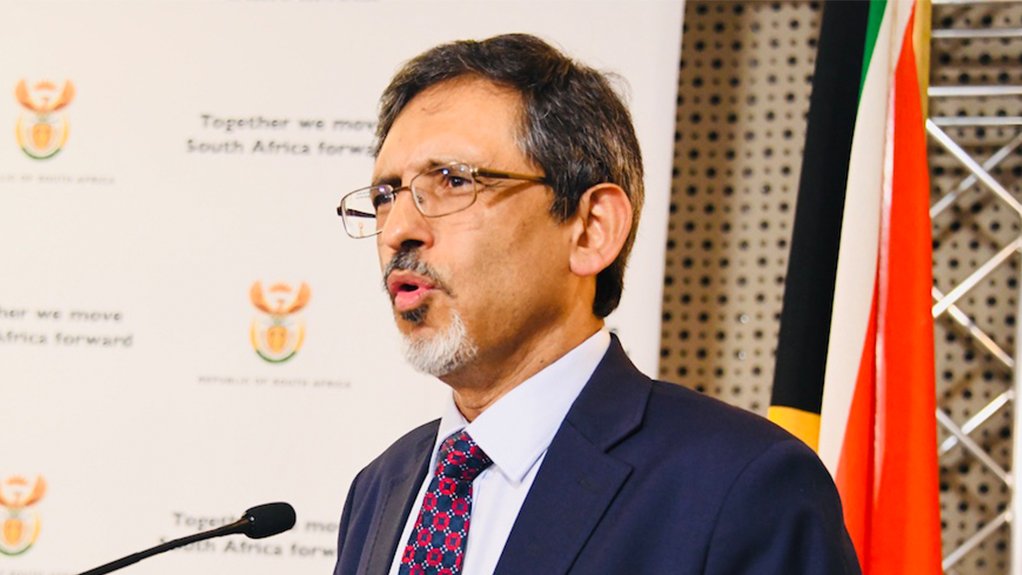/ MEDIA STATEMENT / The content on this page is not written by Polity.org.za, but is supplied by third parties. This content does not constitute news reporting by Polity.org.za.
Africa needs to deepen its levels of industrialisation and address its ‘strategic vulnerabilities’ exposed during the Covid-19 pandemic. This requires more investment flows, economic diversification and greater policy space in the rules of the World Trade Organisation (WTO) for vulnerable economies commencing the hard work of economic recovery.
This was the call made by South African Minister of Trade, Industry and Competition, Ebrahim Patel at a G20 Trade and Investment Ministers meeting held virtually on 22 September 2020. The meeting was attended by trade ministers from the largest economies, including the US, China, the EU, India, Japan, Brazil and Indonesia. South Africa was the only African representative at the meeting.
“While the pandemic will affect all countries, the pain will be concentrated in economies with greater fiscal or financial vulnerability or with higher levels of infection,” Minister Patel said.
“The pandemic disrupted global supply chains. The new consensus on the need for greater supply-chain resilience need to include efforts to spread risk by enabling the greater geographic spread of manufacturing. I therefore warmly welcome the meeting’s agreement to support economic diversification and look forward to joint efforts to achieve it. This should include WTO reform that addresses imbalances in the rules that emerged from the Uruguay Round, to allow for legitimate measures to support industrial development, and to provide policy space for digital economy development on the African continent to drive economic growth and development,” he said at the meeting.
Minister Patel affirmed that global trade be underpinned by the principle of special and differential treatment for developing countries.
He welcome the meeting’s consensus to promote women’s economic empowerment and the efforts of Micro, Small and Medium Enterprises. Pointing to the agreement by trade ministers on the risks of illicit trade, Minister Patel drew attention to the unresolved problems of under-invoicing and other illicit actions in international trade, which damage the national industrial capacity of many African manufacturers. This, he said, must be addressed vigorously in the future G20 Trade track.
The G20 Ministers meeting focused on:
- Current international trade and investment developments, including COVID-19
- The future of the WTO
- Boosting micro, small and medium enterprises
- Pathways to economic diversification and
- Strengthening international investment.
At the end of the meeting the G20 Trade and Investment Ministers adopted a Communique on “Realizing Opportunities of the 21st Century for All”.
In the Communiqué, G20 Trade ministers committed to use all available policy tools to minimize the economic and social damage of the pandemic, restore global growth, maintain market stability, and strengthen resilience.
The G20 Ministers recognised the need to increase the sustainability and resilience of national, regional, and global supply chains and to expand production capacity and trade, notably in the areas of pharmaceutical, medical and other health-related products. The Ministers further recognised the importance of continuing to foster women’s economic empowerment with a view to achieving global economic recovery; and endorsed a set of guidelines to promote inclusive economic growth through increased participation of small and medium enterprises in international trade and investment.
Issued by GCIS on behalf of The Department of Trade, Industry and Competition
EMAIL THIS ARTICLE SAVE THIS ARTICLE ARTICLE ENQUIRY
To subscribe email subscriptions@creamermedia.co.za or click here
To advertise email advertising@creamermedia.co.za or click here











